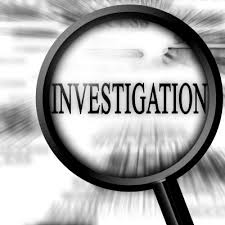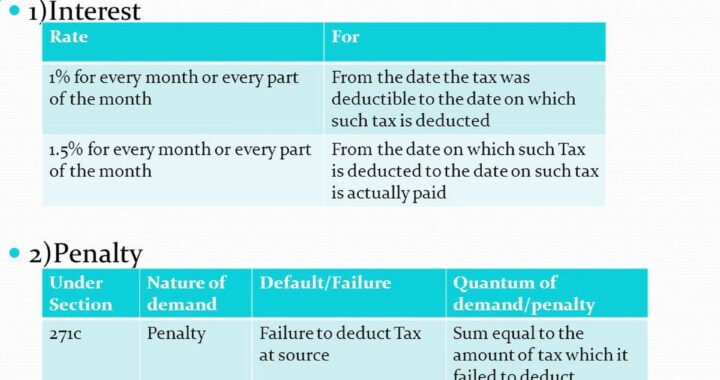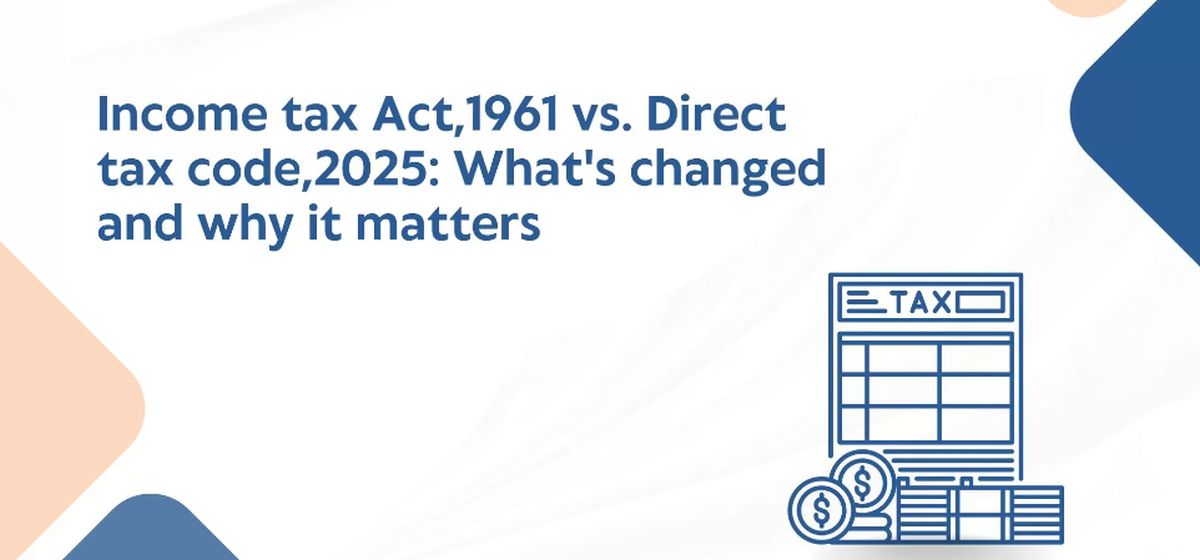Investigation under the provisions of the Income Tax Act
 According to the Oxford English Dictionary, the term “investigation” refers to “the official examination of the facts regarding a situation or a crime.”
According to the Oxford English Dictionary, the term “investigation” refers to “the official examination of the facts regarding a situation or a crime.”
For the purpose of income tax, the word “investigation” involves all the legitimate processes done to determine the income or wealth of an individual. The Income tax authorities are conferred with enormous powers to investigate into the financial issues of an individual or an entity to discover whether the affairs which are being disclosed before the department are genuine or not. These powers are provided in the Income Tax Act as powers to carry out scrutiny of an income tax return, asking for books of account or documents, summoning the attendance of persons, recording the statements of such persons summoned, gathering information from external sources, conducting inquiries, conducting surveys, conducting searches in the residential or business premises, etc.
The power to conduct a search or survey:
The power to conduct a search and a survey, more popularly known as raid, are the invasive powers of the income tax department. It becomes necessary to use such powers and to enter into the premises of somebody to procure evidence when it appears that there is a case of tax evasion and the evidence cannot be produced before the authorities in response to notices served for this purpose.
Object of investigation under the laws relating to income tax:
The evidence collected by means of exercising such powers is examined for determining the nature and extent of tax evasion. Through search and survey the income tax department investigates the quantity of tax evasion.
Procedure adopted by the department to conduct investigations:
Investigation now-a-days has to keep the pace with the technological developments. To meet such requirements the investigation wing of the Income Tax Department has been provided with internet and intra-net facilities. Today the tax officials have the necessary skills and software to break passwords, discover data which have been stored in various storage devices. The department is continuously innovating new methods to develop their own system of investigation.
The Investigation Division of the CBDT:
The Investigation Division of the Central Board of Direct Taxes is the revenue enforcement agency of the Government of India. It is associated with the administration of prosecution related cases of the various taxes in India.
Functions of the Investigation Division of the CBDT:
The Investigation Division of the CBDT has the following functions amongst others –
• Processing of complaints in connection with evasion of tax;
• Issues relating to administrative approval for dropping or withdrawal of prosecution cases for offences contained in Chapter XXII of the Income Tax Act and the provisions of other statutes relating to direct taxes;
• To deal with the technical and administrative issues in connection with the provisions of sections 147 to 153 of the Income Tax Act;
• To conduct searches, seizures, etc.
• To reward the informants relating to tax evasion;
• To conduct survey;
• To operate voluntary disclosure schemes;
• To supervise and control over the work of the Chief Commissioner of Income Tax (Central);
• To collect information regarding black economy which require close vigil;
• To collect information and provide regular reports to the other concerned authorities;
Responsibilities of the Chairman and members of the CBDT:
The functions and responsibilities of CBDT are distributed between its Chairman and six Members. The financial issues only require collective decision by CBDT. The Chairman and each member of CBDT are responsible for exercising control over specified areas of field offices of the Income Tax Department, which are referred to as the Zones.
The function of Directorate General of Income Tax (Investigation):
The Directorate General of Income Tax (Investigation) deals with issues relating to investigations under the Act. Some of the specific functions entrusted to the Directorate General of Income Tax (Investigation) are as follows:
a) To lead the investigation wing of the Income Tax Department;
b) To collect information relating to evasion of Direct Taxes;
c) To organize and conduct search;
d) To pass the collected information to the concerned authorities;
e) To maintain liaison and organize meetings with other organizations to ensure smooth flow of information;
f) To take appropriate steps to encourage people having information about tax evasion:
g) To disburse rewards for giving information regarding tax evasion.

 Reporting of Foreign Assets by Indian Taxpayers under Section 139(1) of the Income Tax Act
Reporting of Foreign Assets by Indian Taxpayers under Section 139(1) of the Income Tax Act  Can an assessee pay House Rent to his parents and claim relief? Would there be any legal complications?
Can an assessee pay House Rent to his parents and claim relief? Would there be any legal complications?  Boost Your Business & Reduce Taxes: A Guide to Maximizing Benefits Under Section 80JJAA
Boost Your Business & Reduce Taxes: A Guide to Maximizing Benefits Under Section 80JJAA  What is remedy to taxpayer if the Tax deductor fails to deposit the TDS or fails to file TDS Return
What is remedy to taxpayer if the Tax deductor fails to deposit the TDS or fails to file TDS Return  What is Income Tax Liability on Income from trading in Future and Options
What is Income Tax Liability on Income from trading in Future and Options  The Importance of Filing Your Income Tax Return on Time: A Financial Must-Do
The Importance of Filing Your Income Tax Return on Time: A Financial Must-Do  Major Changes Expected in Direct Tax Code 2025 and why these matter
Major Changes Expected in Direct Tax Code 2025 and why these matter